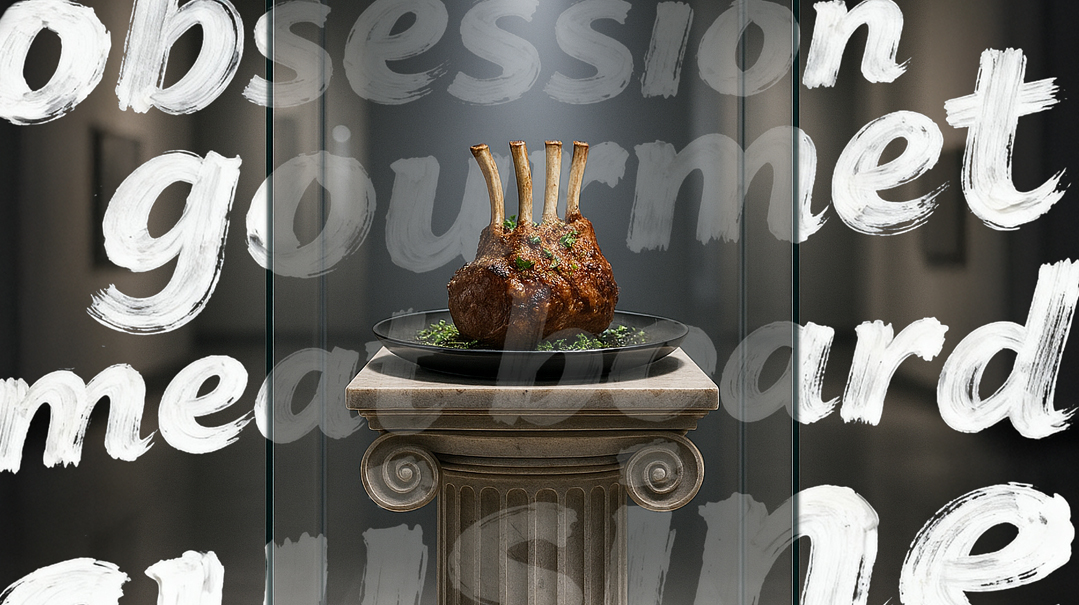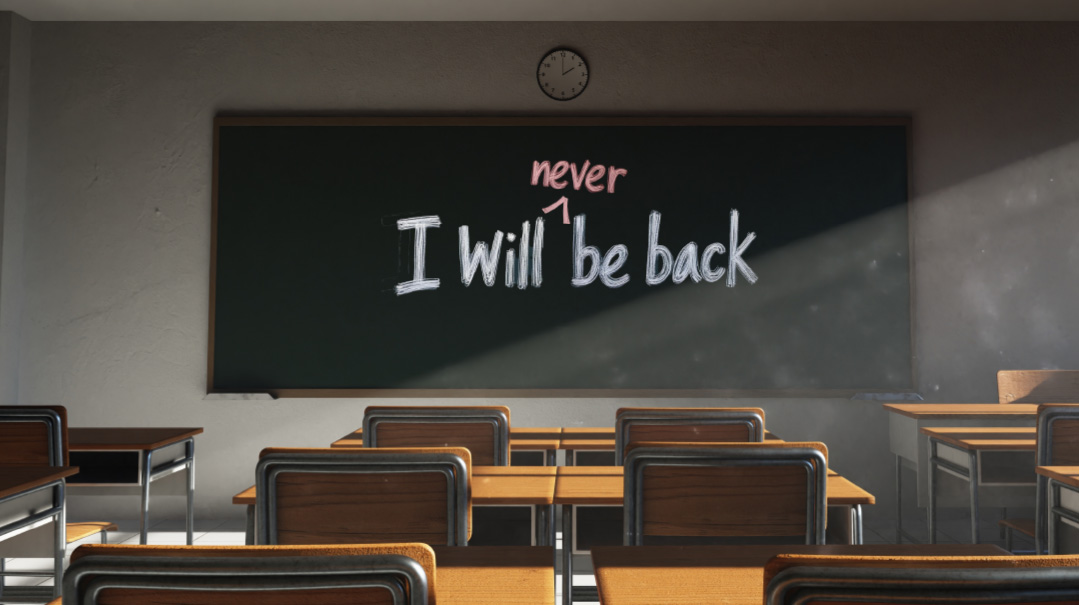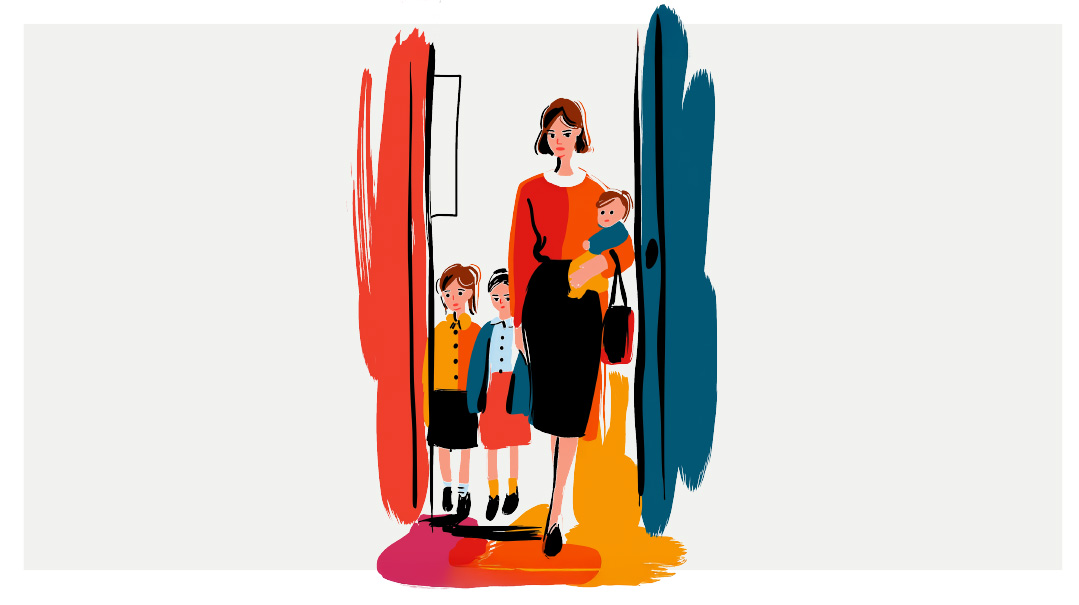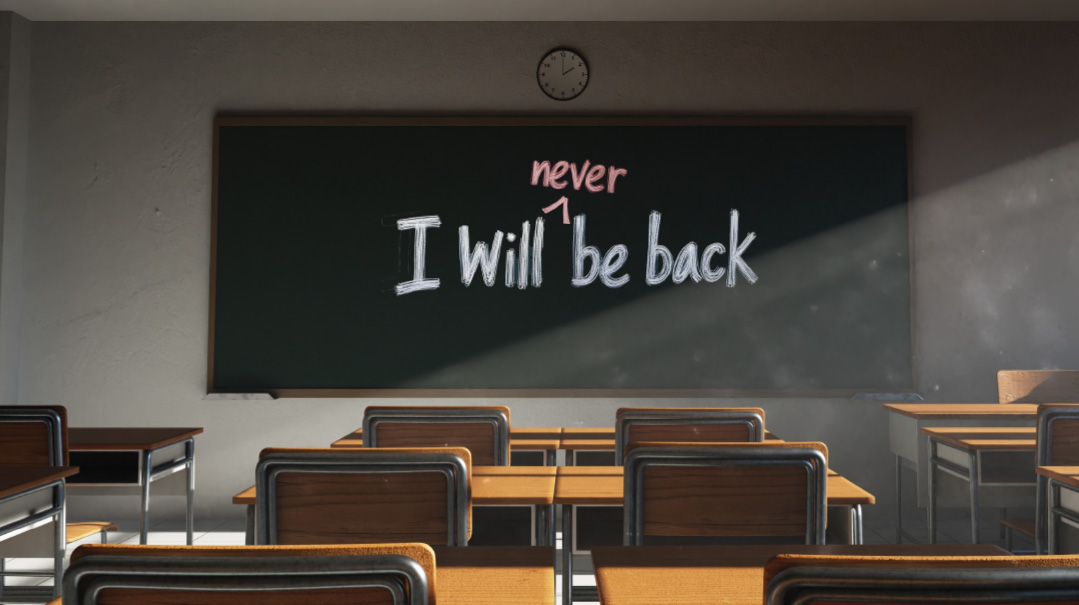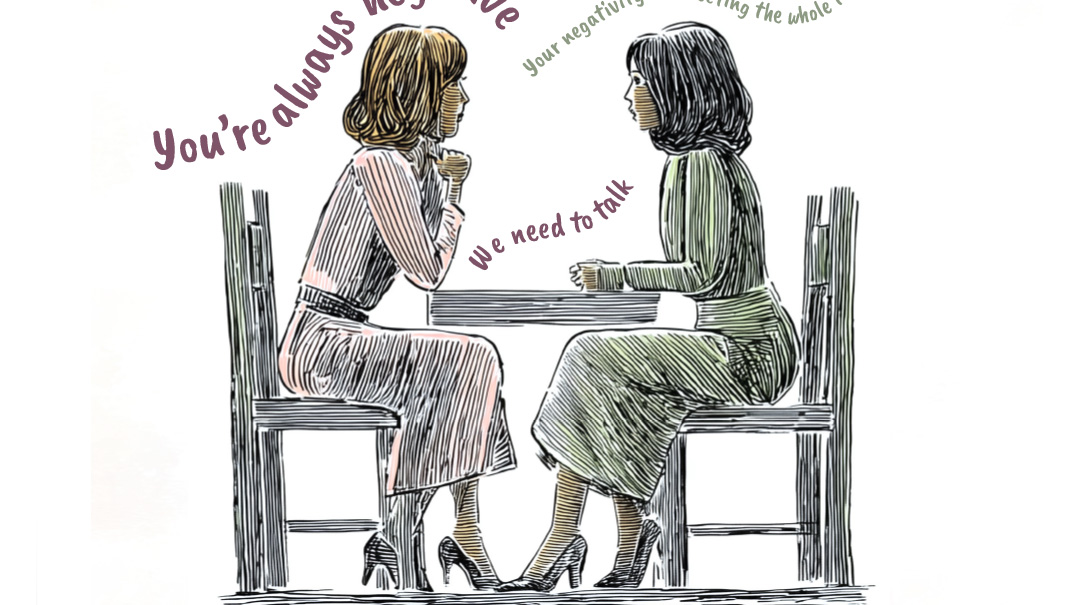Losing Him Every Day
| July 18, 2023Faigy is a widow. She lost her husband some time ago. She loses him every day
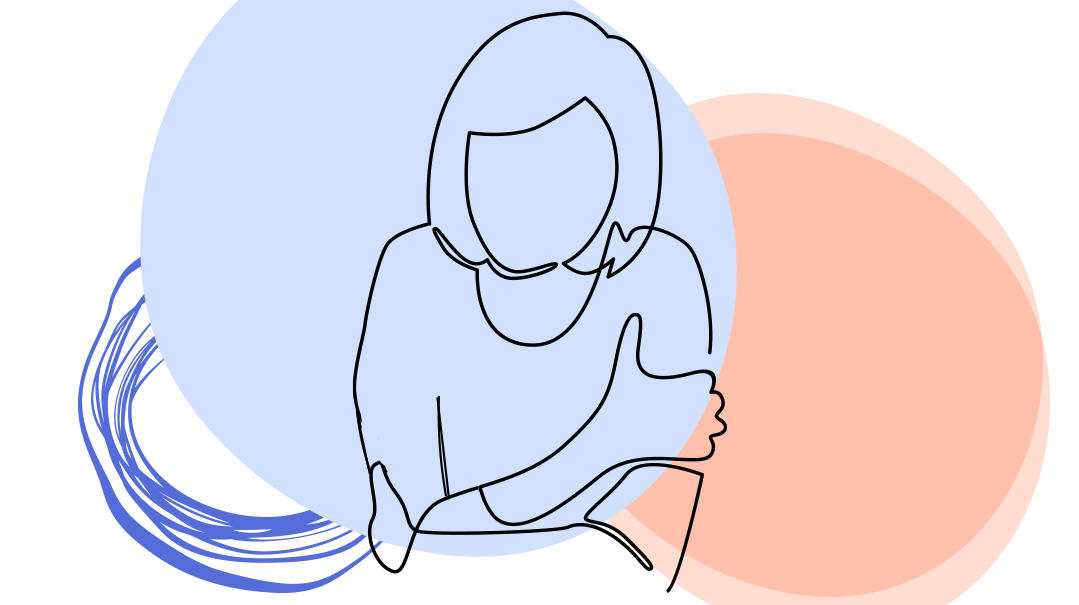
Some time ago, yesterday, every day since the dark and terrible months of his illness and the shattering, dissociated time after, Faigy lost her husband.
She tells me that she feels she loses him again and again every morning when she wakes up alone and goes downstairs to make coffee in the deafening silence of her empty house.
When she comes home from an outing or work she feels it again. There is no one home. Even if a child or a grandchild happens to be visiting that day, there will never again be anyone home in a true sense.
Shabbos is torture. Yom Tov is a struggle to keep it together. Simchahs are a wrenching tsunami of conflicting emotions. At a kiddush, a wedding, a bar mitzvah, everyone is there with their spouse, and she is conscious of nothing so much as that she is there alone. There can be no succor for this pain this side of the World to Come, and this frightening knowledge is another of her burdens.
Perhaps you can contemplate the joy and the anguish Faigy felt at the bris of her grandson when they gave him her husband’s name. But can you contemplate the loneliness she felt when she drove home afterward, alone again, to her house with the silence of a mausoleum?
Faigy is a widow. She lost her husband some time ago. She loses him every day. She is not better. The pain and loss do not diminish. She knows it will be this way until she is with him again.
The pain of a woman who has been widowed is unique, Faigy points out. While she acknowledges that there are certainly many men who feel the loss of their wives and the subsequent emptiness in their lives as sharply and as painfully as she does, their predicament is different. Men get to go to shul. They have a place and a time where they can see friends and acquaintances. There is a social milieu where frum men interact daily without the presence of their wives, and the awareness of their tragic singularity is not forced upon their constant awareness. There are daily shiurim where men can hear an uplifting word, can get spiritual nourishment, can receive an invitation for a Shabbos seudah.
“Who thinks to call me?” Faigy wonders aloud. “Who would know that my Shabbos plans fell through? Who wonders if I am eating the seudah alone again?
Oops! We could not locate your form.


